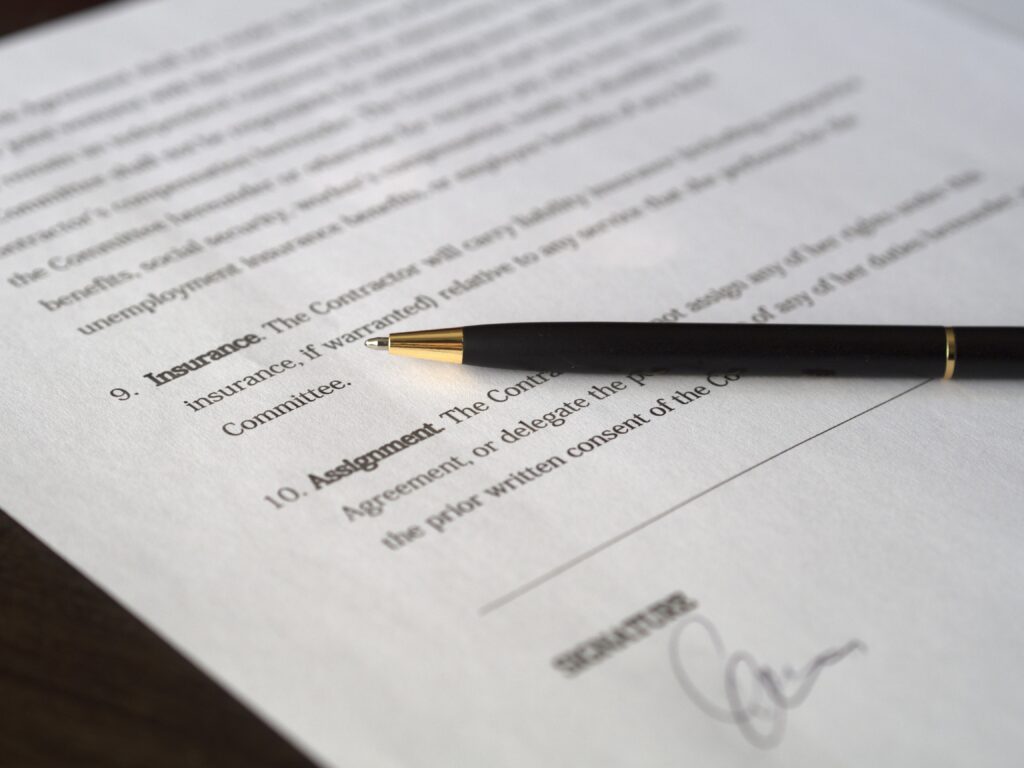If ERC Collections is contacting you through the mail, or if you are receiving multiple phone calls from them, you may be ready to make these calls and letters stop. While contact from a debt collector can be annoying, the worse consequence is the damage it does to your credit score. That’s why it’s important to understand that you have options when confronting debt collection agencies. In this article, we will provide 3 simple steps to delete ERC Collections from your credit report and empower you to take control of your financial future.

Who is ERC Collections?
ERC Collections is a debt collection agency headquartered in Florida. With a workforce of approximately 2,500 employees, they operate on behalf of creditors in various industries, including healthcare, telecommunications, utilities, and financial services. Their objective is to collect outstanding debts from individuals who have fallen behind on their payments.
Is ERC Collections a Legitimate Collection Agency?
ERC Collections is a legitimate debt collection agency that has a right to contact customers in order to collect payment on a debt. They are obligated to operate under the rules regarding debt collection. These are rules set by the Fair Debt Collection Practices Act, the US federal law that governs how companies collect debts.
Generally, if you have been contacted by ERC or another collection agency, it’s always good idea to understand your rights and the rules the debt collector has to follow. For example, a debt collector cannot harass or abuse a borrower by calling repeatedly or at an inconvenient time. They also can not threaten to take action against a customer for non-payment. You’ll find the regulations that apply to debt collectors and your consumer rights, here.
Step 1: Request Debt Validation From ERC
To start the process to get ERC Collections off your credit report, the first step is to request debt validation. Debt validation is your right as a consumer to ask for proof that the debt in question is valid and legally collectible. Since identity theft is common, you want to be sure you’re not held responsible for a debt that is not yours. This step is crucial in ensuring the accuracy and legitimacy of the debt. It’s not complicated, but there are specific things you need to include in your request.

First, you need to make sure you request the debt validation within 30 days of the first contact from ERC. Next, you can make sure your request for validation meets all the requirements by simply using this free debt validation template. Request debt validation by sending a letter to ERC Collections via certified mail with a return receipt.
ERC Collections
P.O. Box 23870
Jacksonville, FL 32256
Under the Fair Debt Collection Practices Act (FDCPA), ERC Collections is required to respond to your request within 30 days of receiving it.
Step 2: Dispute Inaccuracies:
After you get a response from ERC Collections, review the documentation provided. At this step, look for any mistakes in their information or any missing information. Here are some points to review:
Common Errors To Look For in a Dispute:
Are you the person who has been identified as the owner of the debt?
Is the amount of the debt correct according to your records?
Was the account already partially or fully paid?
Is the debt within the statue of limitations in your state?
If you find any discrepancies between your records and theirs, you have the right to dispute the debt with the credit bureaus.
Dispute Any Wrong Information
In the event that you find wrong information, you can start a dispute with the credit bureaus. You can use this free template to write a letter to each of the three major credit bureaus (Equifax, Experian, and TransUnion). In the letter, clearly explain the reasons for your dispute, and include any supporting documentation. Request that the credit bureau investigate the matter. According to the Fair Credit Reporting Act (FCRA), the credit bureaus are obligated to investigate your dispute within 30 days and give you the results.
If the credit bureau finds that the debt is inaccurate or cannot be verified, they are required to remove it from your credit report. However, if the debt is verified as accurate, don’t be discouraged. You can still proceed to the next step.
Step 3: Negotiate a Pay-for-Delete Agreement
So what if you have validated and disputed the debt but it is still on your credit report? You still have another option. You can negotiate a pay-for-delete agreement with ERC Collections using this free pay to delete template. A pay-for-delete agreement is where you pay the debt and ERC Collections deletes the account from your credit report.

Contact ERC Collections and express your willingness to resolve the debt. Negotiate with them to reach an agreement on the amount you can afford to pay. Make sure to state that ERC Collections must remove the account from your credit report entirely when you have paid. Request a written agreement before making any payment to ensure you have proof of the agreement.
Monitor Your Credit Report
The final step is to make sure ERC deletes the account from your credit after you have paid. Ask for a copy of your credit report from the credit reporting agencies. If they do not, use the written agreement as evidence to dispute the item again with the credit bureaus.
Take Control Of Your Financial Health
Summing it all up, dealing with ERC Collections on your credit report can be challenging. However, it’s not an insurmountable situation. You have the power to confront any debt collectors and resolve the situation in a way that benefits you. We’ve laid out 3 simple steps to get ERC collections from your credit report: requesting validation, disputing inaccuracies, and negotiating a pay-for-delete agreement. With these actions, you can take control of your credit history. This is an important way to improve your financial standing and your future opportunities.
Remember, you have the right to question and validate the debts assigned to you. Above all, stay proactive, seek support when needed, and believe in your ability to make positive changes. With the right knowledge and consistent action, you can remove ERC Collections from your credit report and pave the way for a better financial future.


